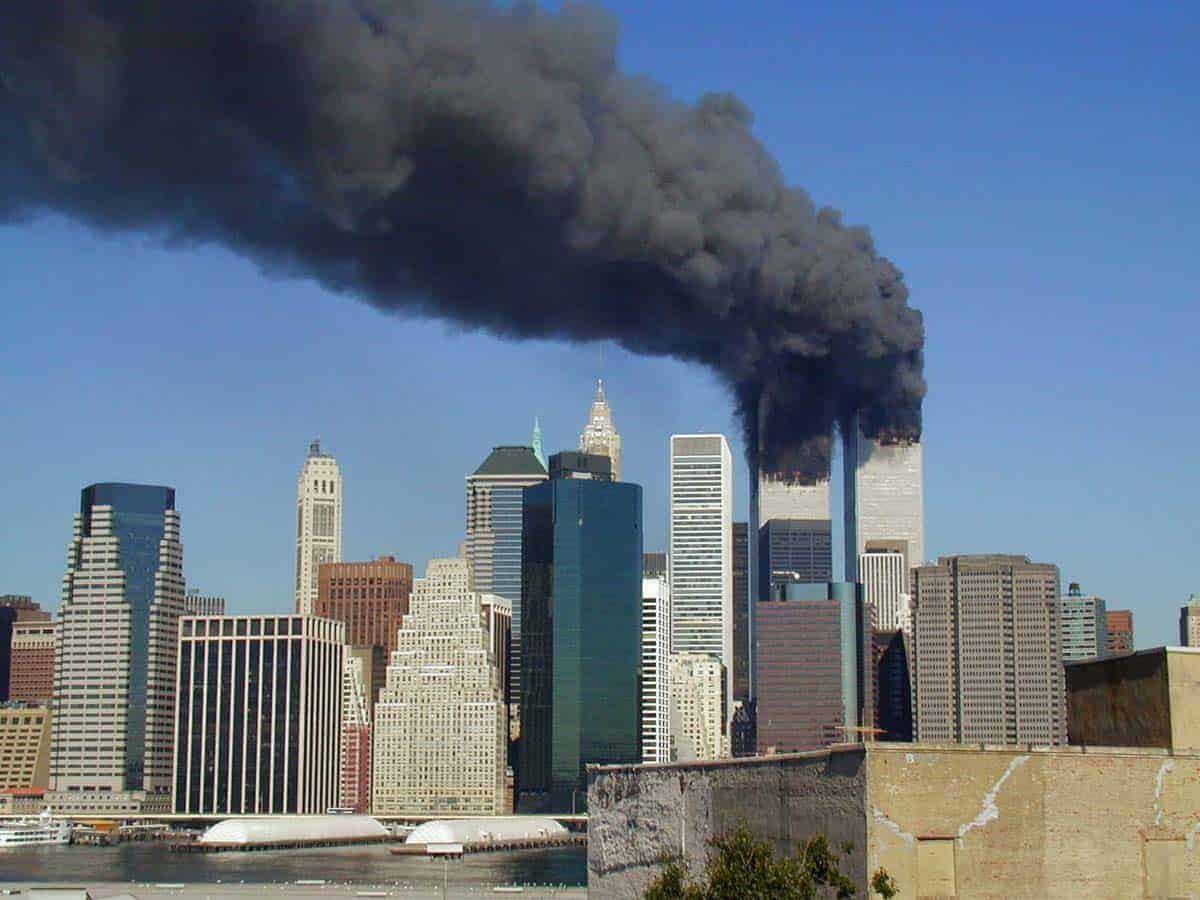New York: Researchers have found elevated leukemia incidence in rescue and recovery workers who were at the World Trade Centre site after the 9/11 attacks, adding that overall cancer incidence have also increase, particularly thyroid and prostate cancers.
Following the attacks, 50,000 workers were involved in rescue and recovery, with many of them caught directly in the dust cloud from the collapsing towers.
The cleanup of the site ended in June 2002 and workers were potentially exposed to an array of toxins, later shown to cause adverse health effects, including cancer, said researchers from Mount Sinai Hospital’s Icahn School of Medicine.
“This study showed increased incidence of several cancer types compared to previously conducted studies with shorter follow-up periods,” said Susan Teitelbaum, Professor of Environmental Medicine and Public Health at Mount Sinai.
“Because of the long latency period of many types of cancer, it is possible that increased rates of other cancers, as well as World Trade Center exposure health issues, may emerge after longer periods of study,” she added in the study published in the journal JNCI Cancer Spectrum.
This study examined cancer incidence in responders including law enforcement, construction, and telecommunications workers, and found an increased overall cancer incidence, with the greatest elevation in thyroid cancer.
“It is the first to show an increase in leukemia, which is known to occur after exposure to occupational carcinogens, including benzene fuel and other sources that existed at the World Trade Center site, in some cases at low levels of exposure and with a latency of several years from exposure,” the authors wrote.
Researchers also found that neither the length of time that first responders and recovery workers worked on the World Trade Center site, nor the intensity of their exposure, had any bearing on the development of the elevated cancers.
However, some risk factors — such as responders’ age on September 11, their gender, and whether they were smokers at the time — were associated with increased cancer risk.
For the study, the researchers studied post-September 11 cancer incidence among 28,729 rescue and recovery workers via cancer registry data from New York, New Jersey, Connecticut, Pennsylvania, Florida, and North Carolina from 2002 through 2013.
Nearly 3,000 people died in the twin tower attacks.

